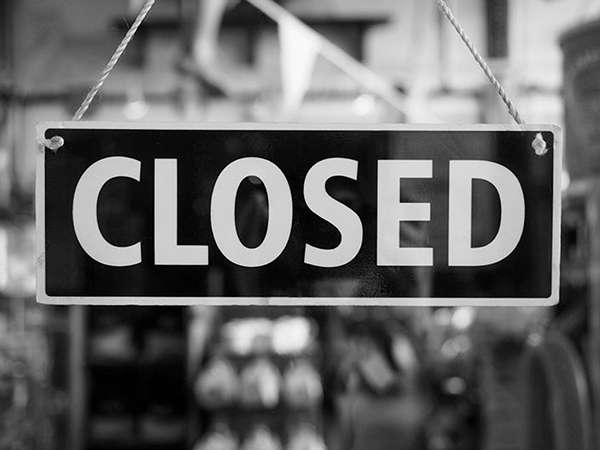Gwinnett County Commission Chairman Charlotte Nash along with all of the Mayors/Governing Bodies of the cities in Gwinnett County have issued stay at home orders for its residents. The orders were issued in light of the growing threat of COVID-19 to the safety and welfare of the residents under their jurisdiction.

According to the numbers released by the Georgia Department of Public Health at 6:30 p.m. on Friday afternoon, the total number of confirmed cases of those infected with the coronavirus in the state is up to 2,198. Of that number, 27.62% of those infected are having to be hospitalized. The death rate is 2.96% as the death toll climbs to 65.
In Gwinnett County, the number of confirmed cases has risen from 75 cases yesterday to 121 cases today. So far only one person has died from the virus in the county but that number is expected to rise as the number of infections is expected to rise.
“We are all navigating uncharted waters as we respond to the COVID-19 public health emergency, and I am grateful to each of the cities for their decisive actions,” said Nash. “The district commissioners and I would like to express our deep appreciation to all of our residents and businesses for making temporary sacrifices for the good of our communities as our hospitals, healthcare workers, and first responders prepare for a rapidly growing caseload.”
The City of Buford along with the other cities in the county have decided to back Nash’s countywide orders. “All the cities joined with the county government in an effort to curtail the spread of this deadly virus,” said City of Buford Commission Chairman Phillip Beard. “One person can spread the virus to over 1,000 in a period of two to three weeks. We are asking for everyone’s help in controlling the spread of this deadly virus. Everyone’s help is needed if we are to keep our citizens well. Stay home, stay alive. Please help us succeed. Thank you.”
The new orders issued begin at 12:01 a.m. on March 28, 2020, and will be in effect until 11:59 p.m. on April 13, 2020, or until it is extended, rescinded, superseded or amended in writing by the chairman.
Residents may leave their homes to conduct activities that are necessary to the health and safety of those in their family/household including pets. Some of the activities that this includes means one can leave their home to obtain food, medication and medical supplies, household consumer supplies and healthcare services. One may also leave the home if they are the caregiver for another family member or pet not residing with them. People may also leave their homes to exercise and engage in outdoor activities like hiking, riding bicycles, walking, running or any other physical activity so long as social distancing can be maintained.
The orders have mandated that all businesses in the county that are not essential to the welfare of the residents. Some of the businesses who can remain open and are strongly encouraged to do so are healthcare-related businesses; grocery stores, certified farmer’s markets, other organizations providing food, shelter, and social services to those in need; newspapers and television news agencies; gas stations, auto supply and auto repair shops; banks; and restaurants that offer take out, drive-thru, or delivery service. Those restaurants will be allowed to sell unopened containers of alcohol.
Mail and delivery businesses can remain open, as well as, laundromats, dry cleaners, and laundry service providers. These orders cover your pets so pet supply stores and veterinarians can remain open as well.
Individuals who work at any of these “essential businesses” may leave their homes to carry out their work duties.
For a complete list of all of the businesses who can and cannot remain open, see the Executive Orders issued by Nash.
The orders also allow for local governments to conduct functions necessary to run the government and essential infrastructures such as public works construction, private construction and related activities, utilities, telecommunications, and solid waste services. First responders, emergency management personnel, 911 dispatchers, court personnel, law enforcement personnel and others who perform essential services, such as healthcare workers, are exempt from the order.
To see the orders in their entirety, click here.




